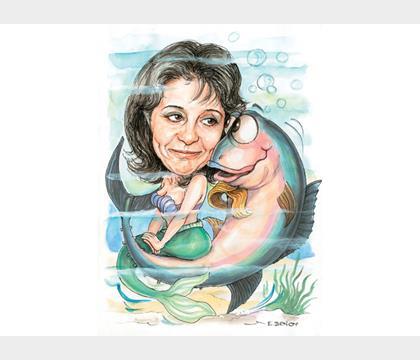Cornwall sardine, UK MSC status Certified as sustainable in July 2010.
Summary Species: Sardine (Sardina pilchardus)
Location: ICES Management Area VIIe and VIIf.
Fishing methods: Ring nets and drift nets Vessels: 13-14 vessels using ring nets and 12 vessels using drift nets
Number of fisheries: 1
More about sardine:
The sardine can be found throughout the North Atlantic eastern continental margin from Senegal to the British Isles and in the Mediterranean and adjacent seas. It is commercially exploited across its distribution range, with the most important fisheries occurring in upwelling areas. Sardine is a pelagic fish that forms large schools that off the Iberian Peninsula are distributed along the continental shelf of the Atlantic Ocean in depths ranging between 10 m. and 100 m. Sardine is not normally found off the continental shelf. Schools of juvenile fish tend to be separated from adults and are found closer inshore, typically associated with estuaries and rivers.
More about the fishing methods:
The fishery uses ring nets and drift nets, operating in traditional areas close to the coast of Cornwall and within six miles of the coast. The Cornish sardines are brought aboard from the drift or ring nets. Once on board, Cornish sardines are iced to maintain quality and freshness. The vessels use insulated bins and some vessels use fish holds to store the fish chilled before being taken ashore at a Cornish port. The sardines are sold to merchants and fish processors either directly from the vessel or at an auction market.
Fishery tonnage:
In 2007, ring nets caught 92% of the 1248 tonnes landed. Commercial market The fish is processed in several ways: fresh or frozen, head and gutted, whole and tinned. Fresh fish are packaged in ice and cool boxes for transportation to customers. Remaining fish are primarily frozen and packaged in boxes for frozen storage and then onward to customers.
Read the full report here:

















